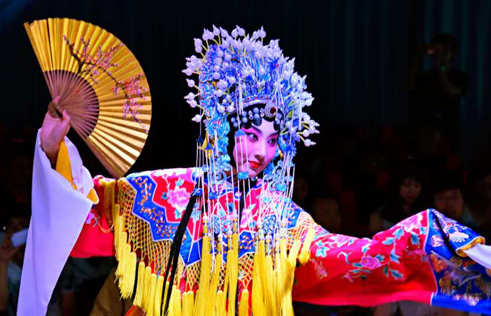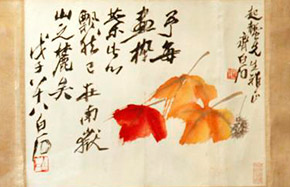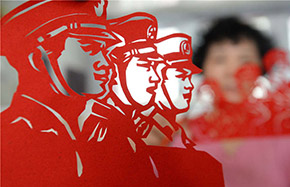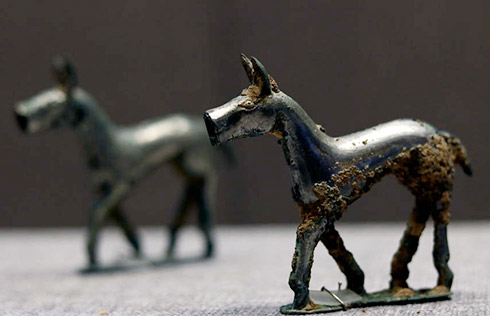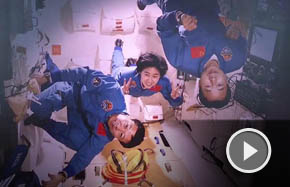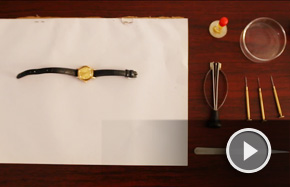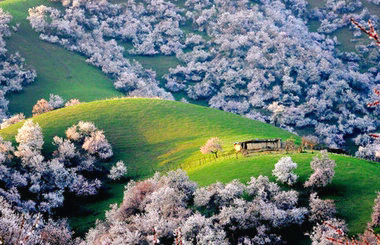TV shows the way
First broadcast on China Central Television in 1990, Zhengda Variety Show was a mix of video clips, interviews and quizzes. It also featured a travel show that was screened in the studio with discussions afterward.
This was probably the country's first TV show about traveling abroad.
"For our generation, born in the 1980s, this variety show was probably the first window leading to the outside world," says Zhou Kui, an associate professor at Communication University of China. "People considered the anchors of the travel show to have the best jobs in the world."
According to Zhou, the airing of the show signaled that China was viewing the outside world after being viewed with curiosity by the rest of the world for a long time.
"However, it was more like a tour guide for sightseers," Zhou says.
In 2000, Hong Kong-based Phoenix TV developed a new type of travel program with Millennium Trail, which featured Chinese scholar Yu Qiuyu as a guide to the cradles of the world's ancient civilizations and religions.
Then in 2003, Pole to Pole Expedition, coproduced by China Central Television and Phoenix TV, became another popular travel show.
The program followed the crew's expedition from the South Pole to the North Pole, presenting the natural wonders and historical heritage of the Americas.
"These shows had great significance and were very popular. But they were made from the viewpoint of the elite. Today's audiences want a more down-to-earth approach," says Zhou.
He considers the online travel show On the Road, which follows a couple's adventurous journeys, to be a response to the audience's demand for something less highbrow and more entertaining.
Leng Song, a media researcher at the Chinese Academy of Social Sciences, says: "Ordinary people can become celebrities through online shows."
The rise in online broadcast platforms has helped to create new formats for travel programs, Leng adds.
With the boom in Chinese reality shows in recent years, one of the latest fads is for celebrities to act as tour guides, while also playing games.
"These shows rely heavily on post-production, which is usually far from reality," says Leng.
As in-depth exploration beyond sightseeing is becoming more popular, he also predicts that future travel programs will offer practical advice to wannabe adventurers, such as how to repair a plane.
Chen Chaoying, a researcher at the State Administration of Press, Publication, Radio, Film and Television, says: "What we first saw after the reform and opening-up was the adventures of Westerners. But now Chinese expeditions reflect our cultural confidence."




